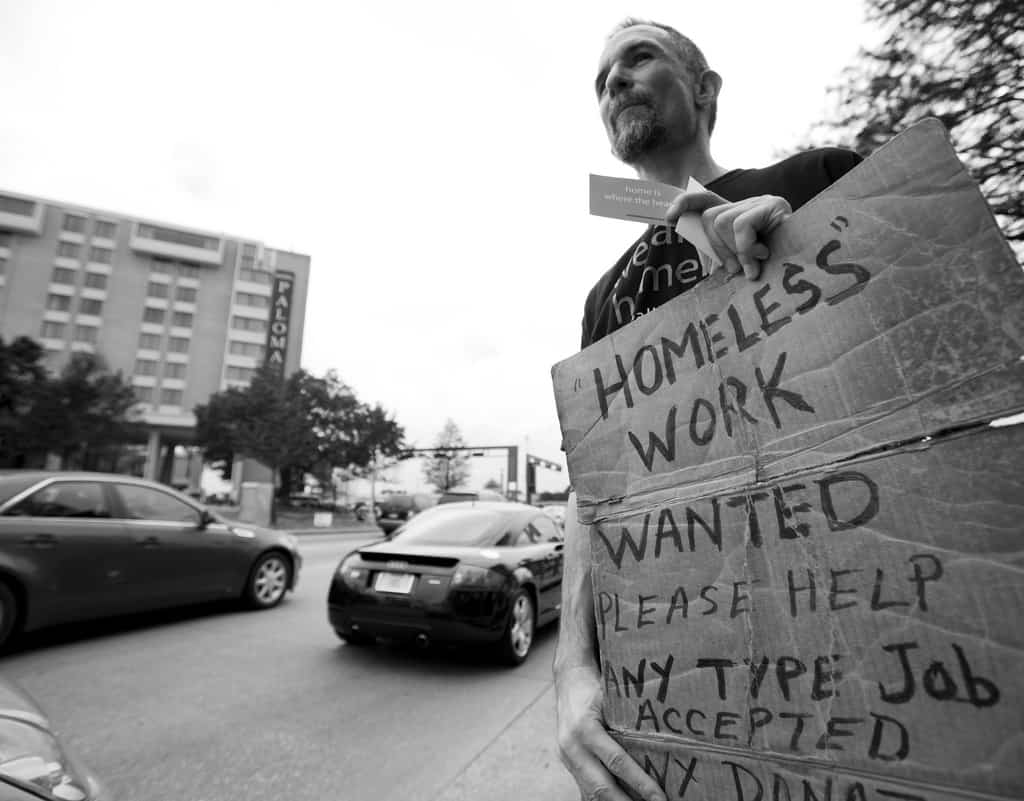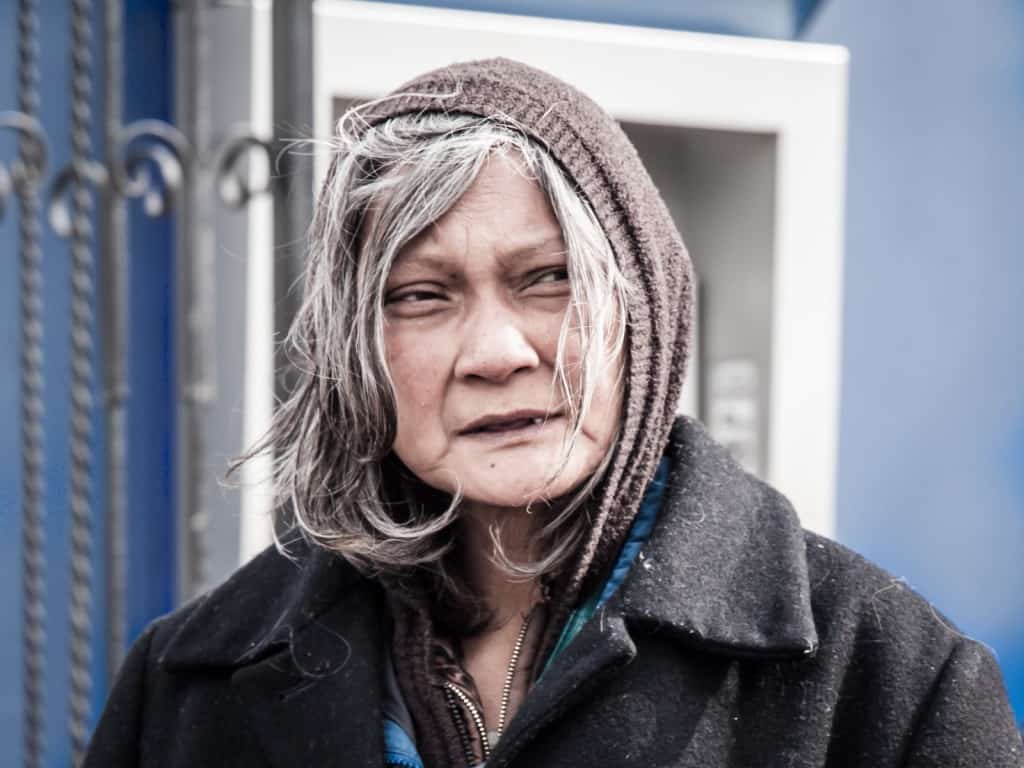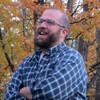One of the most sacred questions out there is a simple one: “What is it like to be you?” When we ask this question we are drawn out of ourselves into the mysterious experience of another. When we are asked this question we are brought back to ourselves. Both movements, asking and answering, involve basic experiences of our personhood, the experiences of discovery and revelation. In other words, this question leads us back to God.
This question guided my work for the past two years with the Ignatian Spirituality Project (ISP) in Chicago. ISP is a project that seeks to end homelessness by providing overnight spiritual retreats to men and women who have been homeless and are in addiction recovery programs. I have facilitated a number of these retreats, and often enough during the process I would find myself sitting in an armchair, imagining. I would imagine myself at a kind of spiritual lost-and-found, in a quiet back room which holds a strange mix of people in various stages of “recovery.” All of these people would be sharing stories of where they’ve been, where they are, and where they hope to be. One of the more helpful questions was always some variation of: “so, what was that like for you?”
The act of personal discovery, and self-revelation it necessitates, is at the heart of the Ignatian Spirituality Project because it is at the heart of the wisdom tradition that inspires it, the tradition of St. Ignatius. God wants both to know and to be known, this tradition presumes. And so it would be wrong to say that the men and women on an ISP retreat find God there if we didn’t also acknowledge that God finds them there too. This is the God who searches for us. This is the God who asks us questions: What happened? Where did you go? What are you afraid of? Who are you looking for? What is it like to be you?
***
I wonder sometimes if homelessness is less about where we live than how we live and with whom. Sometimes living with ourselves is the hardest part. It’s not easy to accept the wrongs we’ve done to others or to forgive what others have done to us. We confuse the truth of what we’ve done with the truth of who we are. We think the sins we’ve committed are unforgivable and we think ourselves unlovable. We stop describing our experience the minute we begin to judge it.
Can I repeat that, both for myself and any others who might be similarly slow of heart? We stop describing our experience the minute we begin to judge it. We stop saying: this is what I’ve done and this is how I feel about it, and start saying this is what I’ve done so this is who I am. And when we do this, when we turn from description to judgment, we remain lost. When we do this we stop answering the sacred “what-is-it-like” question. We refuse the eternal hospitality of God.
The people I’ve met through my work with ISP have all struggled to know and be known. It’s not that they were unaware – many have “known” the truth of their addiction and abuse for years – but to know and be known requires a relationship, a community of people with which to share our sufferings. It is in sharing that we discover God, and it is only in this shared knowing that God’s compassion can redeem us. For our suffering to be known we need a person with whom to share it. We all must find a way to live with ourselves, grateful that we don’t have to live by ourselves.
These retreats are privileged moments because they provide a space where the unknown becomes known, where the lost become found, where the addicted find freedom and the homeless a home. This is a sacred thing and a simple one. The Ignatian Spirituality Project creates a space for men and women who have experienced homelessness and addiction to share their lives, talking and listening, revealing and discovering, finding God as they are found.
I’ve felt privileged to share in this work. It was a gift to know and be known by those men and women. This project coordinates retreat teams in over 18 cities in the U.S. and it is growing. This is a sacred thing and a simple one. I think it’s something more of us should get to know. In any case, spend some time asking and answering that sacred question – What is it like to be you? As you ask, enjoy the strange grace of honest imperfection, of personal discovery and revelation, of being among the lost and found.
Update on 4/28/16: The Ignatian Spirituality Project is hiring! Please check out and share this job description for the director of programs and mission effectiveness.



